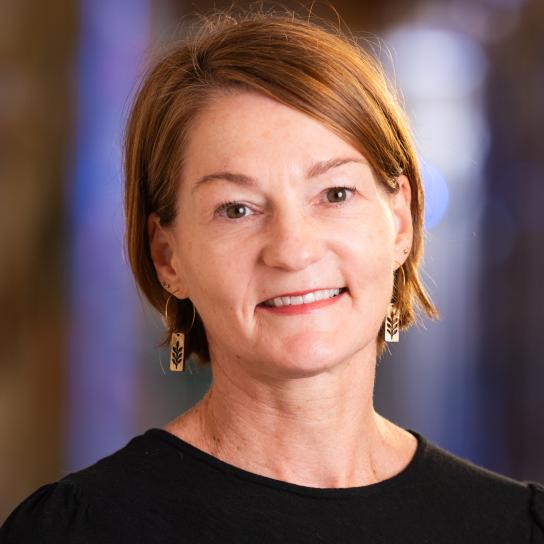by Beth Staats
Quick Summary
According to an ALA report released in June, schools and libraries are filtering a lot more than what is actually required by CIPA (Children’s Internet Protection Act).

Body
According to an ALA report released in June, schools and libraries are filtering a lot more than what is actually required by CIPA (Children’s Internet Protection Act). In order to receive certain federal funding, schools and libraries are required to use Internet filtering software but many of them could actually be over-filtering. “Over-filtering blocks access to legitimate educational resources, and consequently reduces access to information and learning opportunities for students,” said Barbara Stripling, ALA President. It seems that Internet filtering requirements have not evolved to include the rise of “online collaborative tools and social networks that allow online students to both consume and produce content.”
According to the report, filtering harms poor children the most. Since these are the kids that depend most on school and library computers, most of their computer time is spent highly filtered. The report also states that over-filtering restricts students from “learning key digital readiness skills” which they will be using the rest of their lives. In his article, “Fight the fight, but pick filtering battles carefully in K12,” Christopher Harris hits the nail on the head when he states that “the challenge is being confident enough in students’ ethics and digital literacy to stop with the most basic level of filtering.” Fencing Out Knowledge, the ALA report on over-filtering, recommends that school and library leaders raise awareness of the consequences of over-filtering in the K12 arena.
